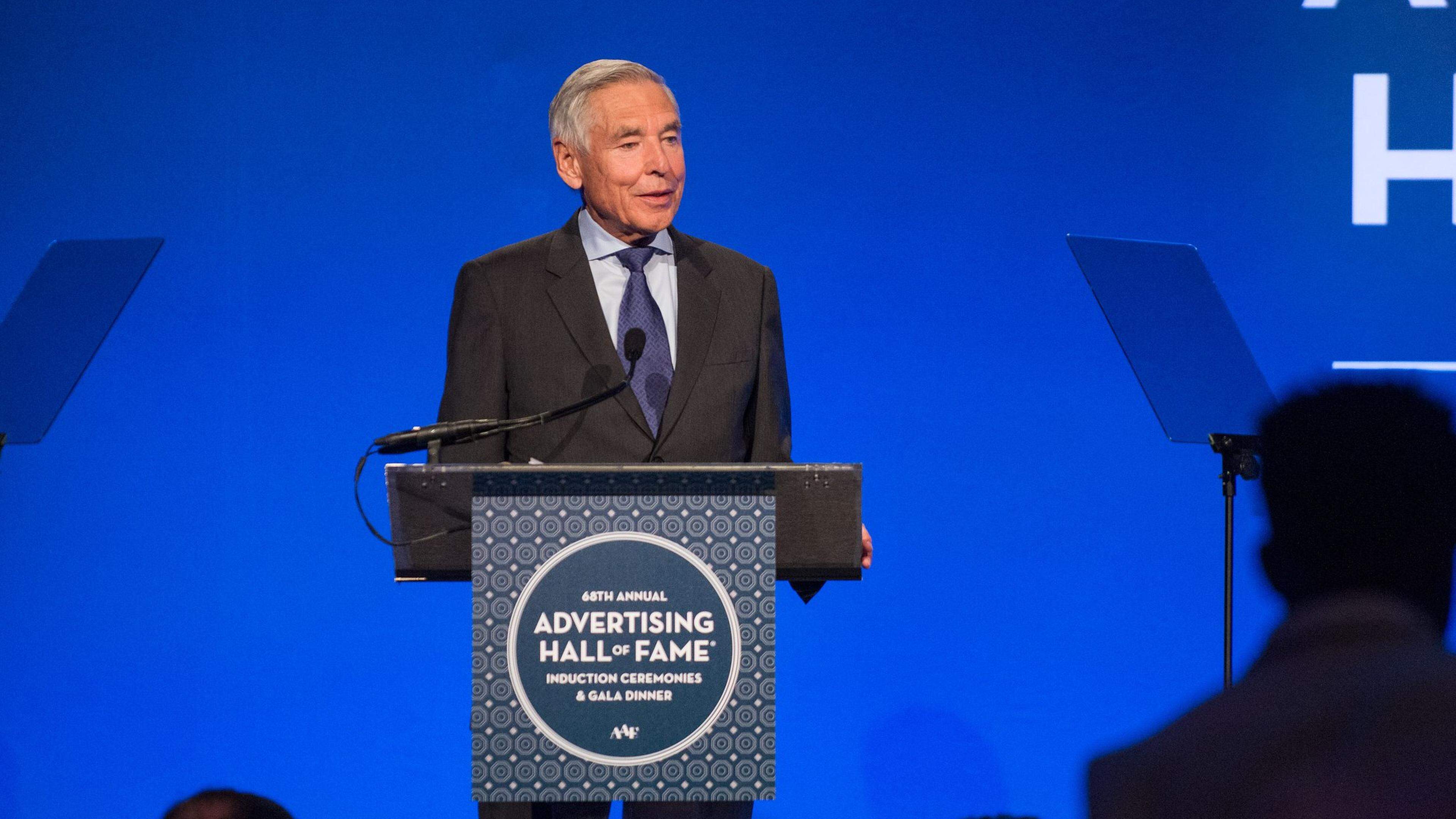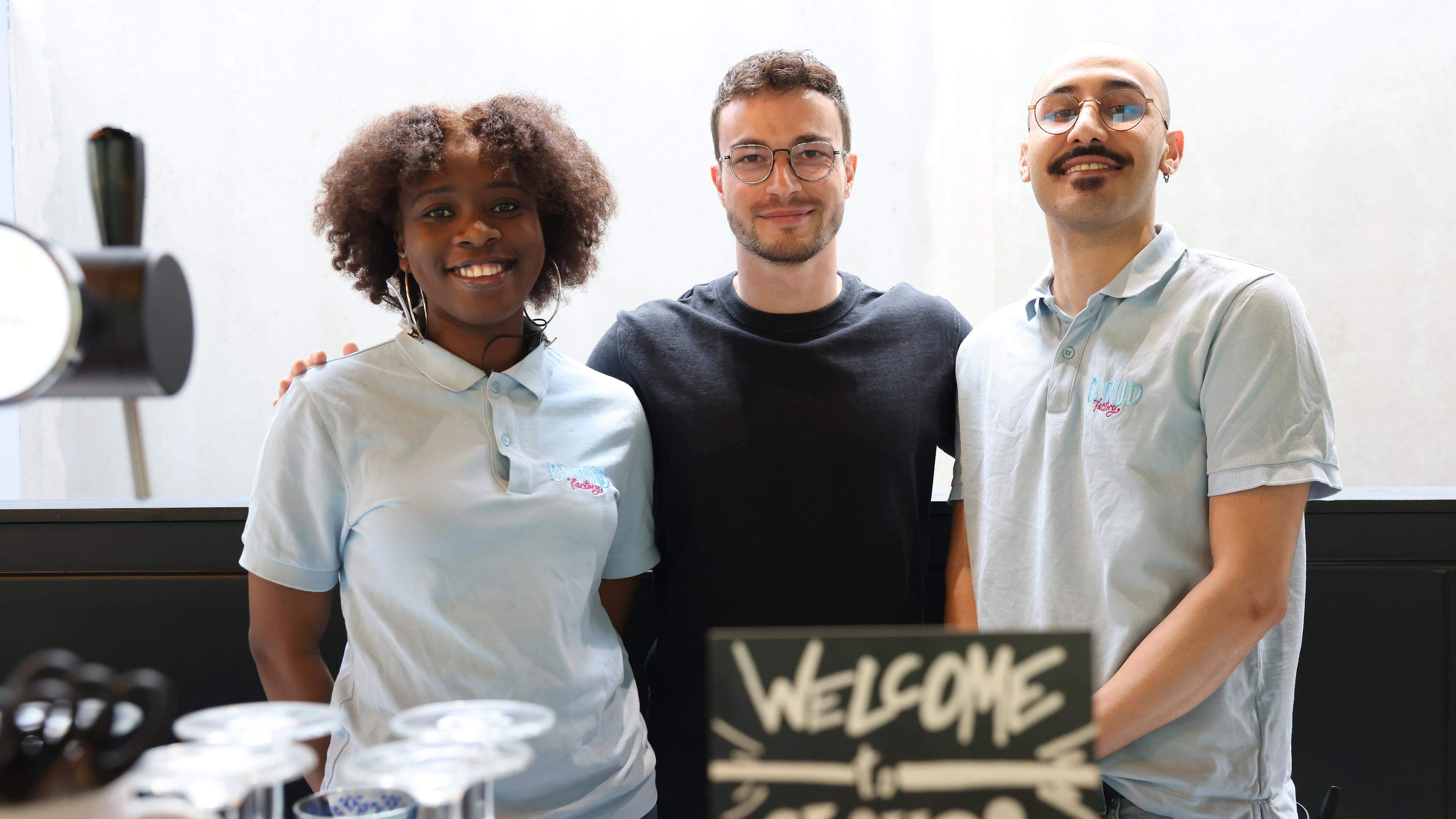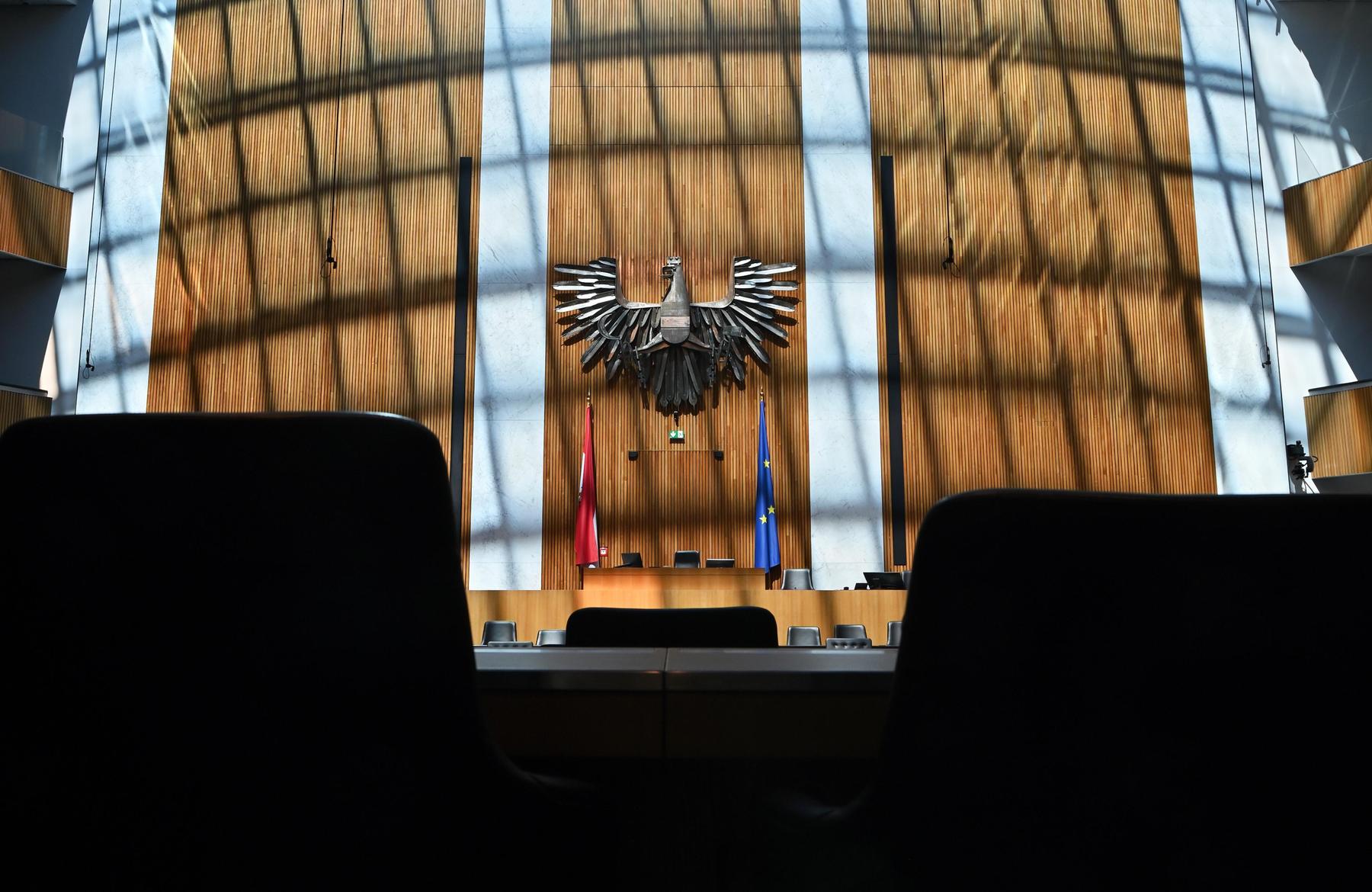Peter Brabeck-Letmathe: This is the new man on the WEF tip

The founder and head of the Davos World Economic Forum, Klaus Schwab, goes at a time when the forum is noticed less and less. The interim successor is not undisputed.
So far, Peter Brabeck-Letmathe, born in 1944 in Villach, Austria, vice chairman of the World Economic Forum. Now it takes over interim. The former CEO and Board of Directors of the Swiss food group Nestlé has published several books in which he addresses the future of nutrition. In it, he predicts that food production is increasingly being technologized, solutions such as personalized foods and foods from capsules that are tailored to individual needs.
Privatization of water
His statements about the privatization of water in particular are controversial. So he takes the view that water should be treated as an economic good, which many criticized as unethical by many. « I am the first to say that water is a human right. This human right is the five liters of water that we need for our daily hydration, and the 25 liters of water we need for minimal hygiene. This amount of water is the primary responsibility of every government to provide every citizen of the world, » he is cited in The Guardian. But this amount of water only makes 1.5 percent of the total water consumption.
World Economic Forum: founder Klaus Schwab goes
While around 98.5 percent are not used for drinking water and hygiene, but for other purposes such as agriculture, industry and leisure. In his view, this consumption should not be viewed as a human right, but as a market goods to promote responsible use. It is not against access to water as a human right, but against the waste of water for non -essential purposes.
In 2000, Brabeck-Letmathe introduced a new mission statement at Nestlé as CEO, which focused on nutrition, health and wellness. This rethink met with many of the then around 350,000 employees at the time, since it meant a departure from the traditional orientation of the company. The changeover led to an identity crisis within the company, since employees and managers had to reorient themselves and not everyone supported the new orientation.
Criticism of the World Economic Forum
Børge Brende, the current President of WEF, is considered the most promising candidate for the successor of Schwab. Brende is a former Norwegian Foreign Minister and President of the WEF since 2017. Another possible candidate is Tony Blair, the former British prime minister. Blair has campaigned for global cooperation and economic development in the past.
The World Economic Forum itself is regularly praised and criticized. While it is a platform for the exchange between business, politics, science and civil society, there are also a number of weaknesses that are repeatedly discussed.
Many meetings take place behind closed doors, and it is often unclear which concrete political or economic decisions can be made from the discussions.
The meetings are also often perceived as the « club of rich and powerful ». Critics also accuse the WEF to adorn themselves with sustainability issues without causing real change. Despite decades of conferences, to which many travel with private jets, it is ultimately not clear what has been achieved with these events. WEF supporters, on the other hand, argue that the forum brings decision -makers of different areas across ideological, national and institutional borders. This also enables many important conversations that often take place informally and spontaneously on the edge of the conferences.








